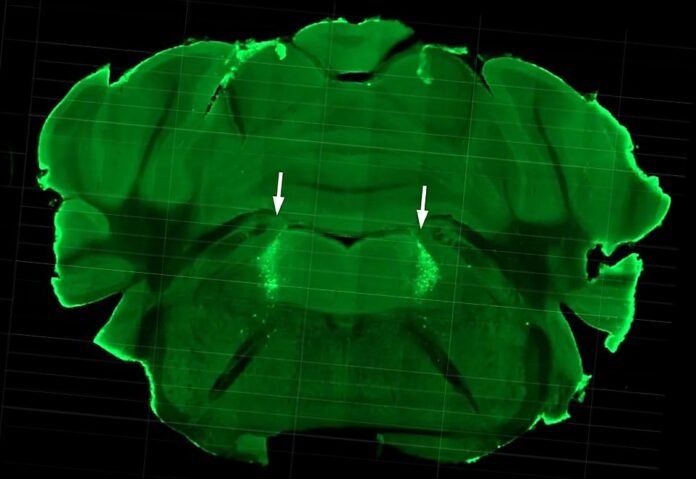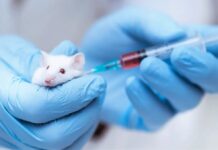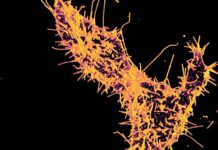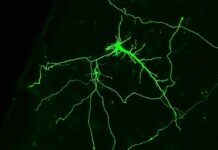A study conducted by researchers led by UT Southwestern Medical Center scientists reveals that the hormone Fibroblast growth factor 21 (FGF21) induced by alcohol consumption plays a vital role in the accelerated recovery of mice after binge drinking. Interestingly, the hormone stimulates water drinking and reduces alcohol intake in animal models, indicating a possible evolutionary adaptation to regulate alcohol consumption and prevent harmful consequences.
FGF21 Hormone: A Multifaceted Role
FGF21 hormone is known to be induced by various metabolic stresses, including fasting and alcohol consumption, in both humans and mice. The hormone has multifaceted roles that include regulating glucose and lipid metabolism, promoting weight loss, and enhancing insulin sensitivity. The latest study has now uncovered a novel function of FGF21 hormone in accelerating the recovery of drunk mice by activating noradrenergic neurons responsible for arousal and alertness.
Discovery by Scientists: Importance for Clinical Interventions
The researchers tested the control and mice engineered to lack FGF21 to a single dose of ethanol and observed their ability to recover their motor skills. The study found that the absence of FGF21 causes drunk mice to take a longer time to recover their motor skills. Whereas, a much larger pharmacologic dose of the hormone speeds up the recovery. Importantly, neither the absence nor the additional intake of FGF21 altered the rate at which alcohol was cleared from the animals’ blood, suggesting that the hormone does not affect ethanol breakdown. These findings could pave the way for clinical interventions for alcohol poisonings.
Experimentation and Results: The Role of Noradrenergic Neurons

The researchers conducted an experiment to test the effect of FGF21 hormone on recovery time in non-engineered mice. They administered a pharmacologic dose of FGF21, roughly a thousand-fold higher than that which naturally occurs in mice, to test if it could reduce the time required for recovery. The mice were able to right themselves about 1.5 hours sooner than mice that didn’t receive the hormone. The effect is mediated by the activation of noradrenergic neurons that regulate arousal and alertness. Mice unable to produce the hormone took nearly two hours longer to recover this righting reflex than non-engineered controls.
Application in Humans: The Pros and Cons
While the effect of the hormone is yet to be tested in humans, researchers suggest that the most useful treatment may be for patients who come into emergency rooms with acute alcohol poisoning because being able to increase their alertness would be helpful in preventing them from choking, aspirating their vomit, and evaluating them for treatment for other injuries. Experts, however, caution that a sobering drug could be misused, and it’s important that humans are still able to feel when they’re becoming intoxicated to prevent dangerous behavior.
Conclusion: Novel Insights into the Role of FGF21 Hormone
The latest study has uncovered a novel role of FGF21 hormone in accelerating the recovery of drunk mice by activating noradrenergic neurons responsible for arousal and alertness. While the effect of the hormone is yet to be tested in humans, the findings could pave the way for clinical interventions for alcohol poisonings. It’s important to note, however, that a sobering drug could be misused, and its impact on human behavior should be carefully evaluated.
Google News | Telegram
















